
Genomic instability is a common characteristic of cancer. The causes of genomic instability include abnormalities in DNA replication and DNA damage repair. We are interested in understanding the mechanisms of DNA damage repair and the pathogenesis of diseases caused by its disruption.
f you are interested in our research, please contact us.

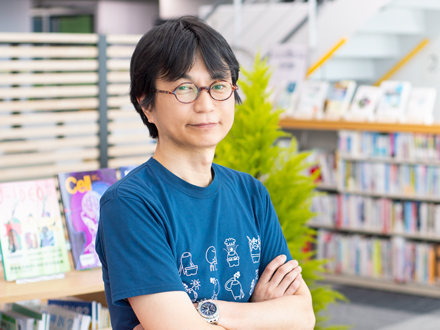
Hiroyuki Sasanuma
Project Leader
mail:sasanuma-hr 
Hiroyuki’s research focuses on the molecular mechanisms involved in the repair of DNA double-strand breaks. He uses yeast, human cell lines, and mice as model organisms. He currently conducts experiments both at the bench and in the culture room, similar to a postdoctoral researcher. Hiroyuki is particularly interested in developing new therapies to cure cancer. His hobbies include reading books and listening to music. He also loves skiing and visits the Zao Ski Resort in Yamagata alone every year.
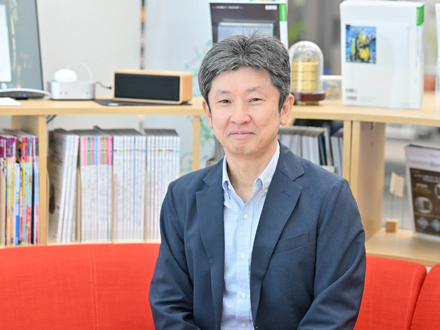
Kenji Kitajima
Kenji is an expert in stem cell research, with a particular focus on hematopoietic stem cells. His primary interest lies in uncovering the molecular mechanisms that link genome instability to the regulation of hematopoiesis.
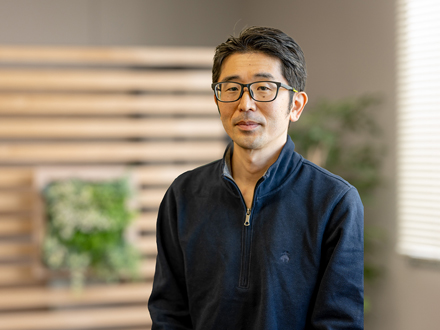
Kosuke Tanegashima
Kosuke stands at the forefront of immunology and molecular biology, drawing on his extensive expertise in tumor immunology, DNA sensing, and chemokine research. His work focuses on unraveling the molecular mechanisms that improve the effectiveness of cancer immunotherapy and contribute to the development of novel therapeutic strategies.
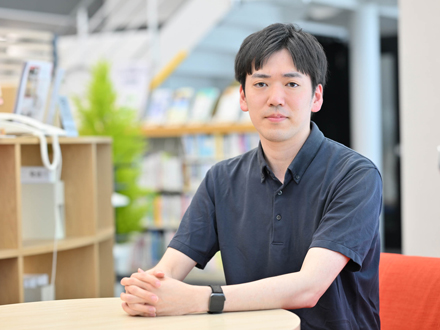
Hayato Hirai
After earning his doctorate in yeast genetics, Hayato is now engaged in cancer research using mouse models. He is particularly interested in establishing experimental systems to prospectively study the early stages of tumorigenesis. His research currently focuses on how cellular nutritional status influences chromatin structure, as well as DNA repair and replication leading to tumorigenesis.
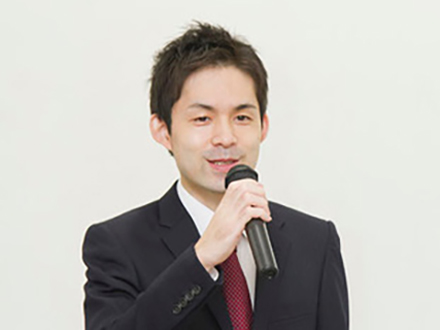
Shintaro Yamada
Shintaro Yamada wants to understand how cells repair DNA efficiently. Radiation and other naturally occurring exogenous and endogenous DNA damaging agents often generate genomic DNA breaks with chemically modified DNA ends that are highly carcinogenic. Cleaning the modified DNA ends is a critical step of DNA repair, but much remains unknown about its molecular mechanism. To understand this process, Yamada is developing high-resolution methods and examining how DNA repair machinery works at DNA break ends and prevents cancer-causing genetic mutations in human cells.
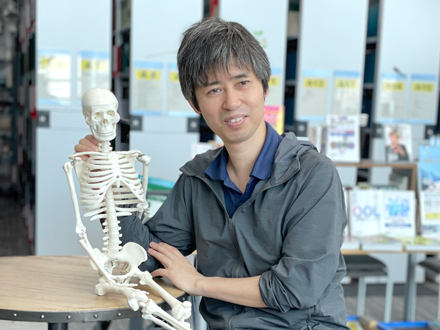
Yutaka Kanoh
Yutaka specializes in the advancement of next-generation sequencing (NGS) technologies. His research is particularly focused on developing innovative experimental platforms for the sensitive detection of specific DNA lesions and strand breaks, employing DNA isolated from yeast, human cells, and mouse tissues.
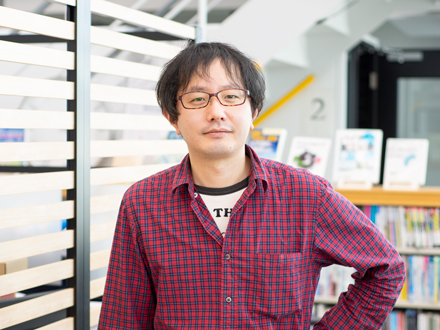
Tomohiro Iguchi
After earning his doctorate in immunology, Tomo has focused on investigating the cellular immune mechanisms that maintain chromosomal stability. He is currently interested in how the molecular mechanisms of DNA replication and repair differ across organs and during development, using mouse models in his research.
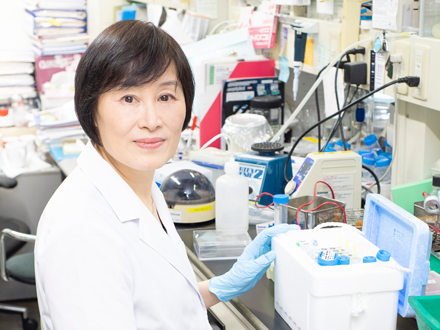
Zhiying You
Z.You is working on a research project analyzing the functions of the DNA replication helicase MCM and the replication fork stabilizer Claspin protein in the initiation and progression of DNA replication. Her focus is on understanding how Claspin phosphorylation regulates the activity of the replication fork complex.
Her hobbies include listening to music and traveling.
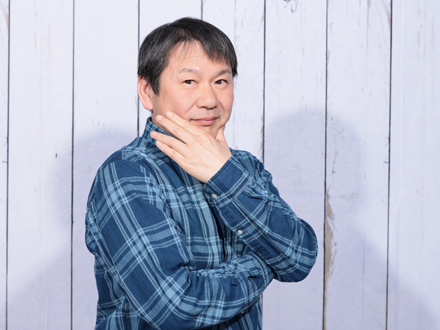
Youichi Tajima
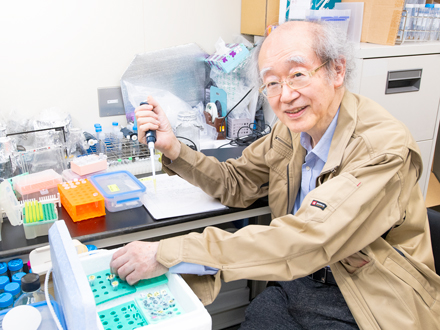
Takehiko Shibata

Satomi Ito
Satomi obtained her degree in the Honjo Laboratory at Kyoto University and has conducted research on immune responses in the intestinal tract in RIKEN. She joined our lab since December 2025 and is now working at Komagome Hospital, where she plans to analyze clinical specimens and establish cell lines from patient tumors.

Sayuri Ito
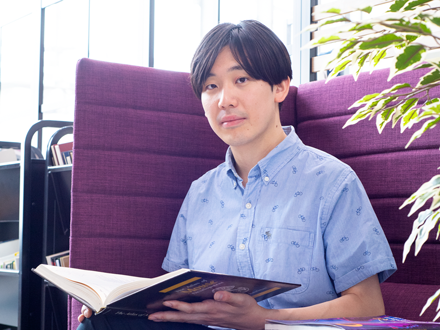
Kosuke Yamazaki
(D1, The University of Tokyo) ,
Employed at Novartis Pharma Inc.
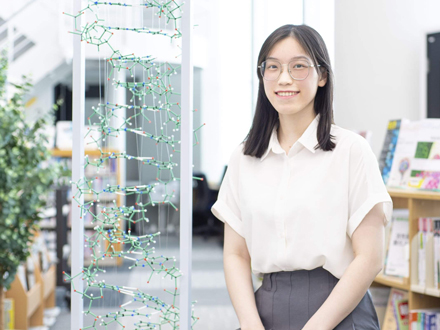
Ngô Thị Tố Trinh
NGO THI TO TRINH
(D4, Ochanomizu Univ.)
Trinh's research focuses on Topoisomerase proteins and their contribution to cancer, as well as their activities on the genome. She wants to explore the mysteries of this world through the eye of science, which is why she chose to become a scientist. Her hobbies vary based on her emotions.
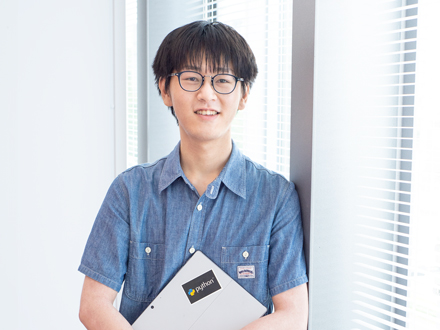
Kazuto Takayasu
(M1, Niigata Univ.)
Kazuto is studying factors involved in genome repair by preparing samples for next generation sequencing (NGS) and in silico analysis.
His hobbies are building hand made PC and traveling.
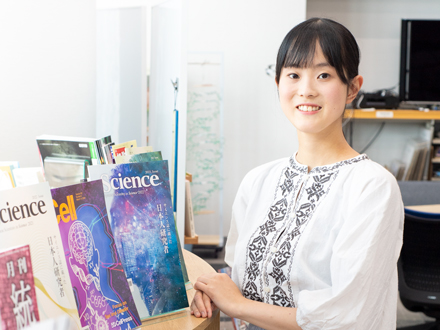
Manami Sano
(M1, Ochanomizu Univ.)
Manami works on strain maintenance and phenotypic analysis of genetically modified mice.
Her hobby is watching sports.

Novokreshchenov Leonid
(M1, Niigata Univ.)
After graduating from university, Leo spent about a year traveling through various countries, gaining diverse experiences before deciding to enroll in a graduate program in Niigata Univ. He is currently enjoying research using mouse models to investigate how endogenous DNA damage contributes to chromosomal instability and the onset of disease.
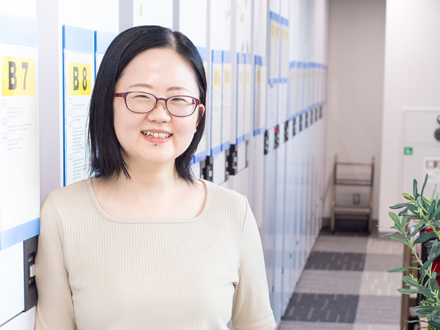
Naoko Kakusho
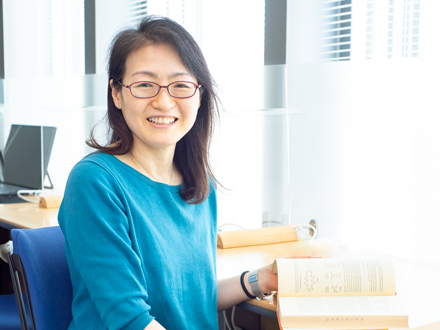
Rino Fukatsu
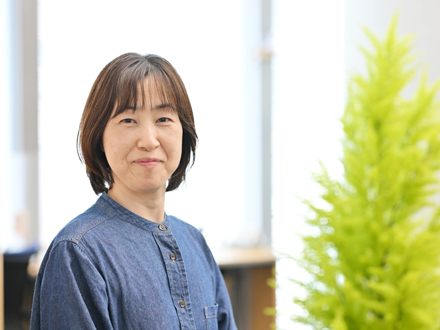
Noriko Wada

Yoshiyo Kato

Fuyuko Yoshida
Fuyuko has worked as a staff member at some universities and several national research institutes, and she has experience with most of the experiments conducted in our lab. She has joined our team and be responsible for mouse management and DNA/RNA extraction from human specimen.
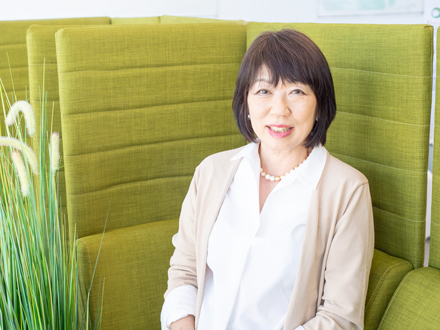
Akiko Minagawa
Akiko works as the secretary and helps manage the laboratory’s office. She takes care of research funds, orders supplies, and also supports graduate students and international researchers with their daily needs. In her free time, she enjoys traveling, walking, and trying local cuisine.
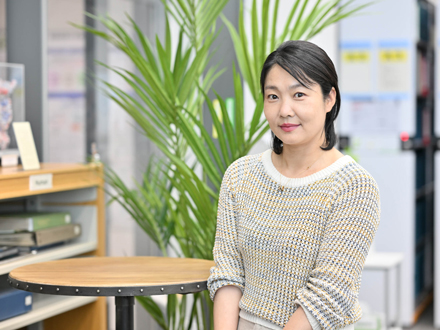
Satoko Ikeba
© IGAKUKEN[Genome Dynamics Project]